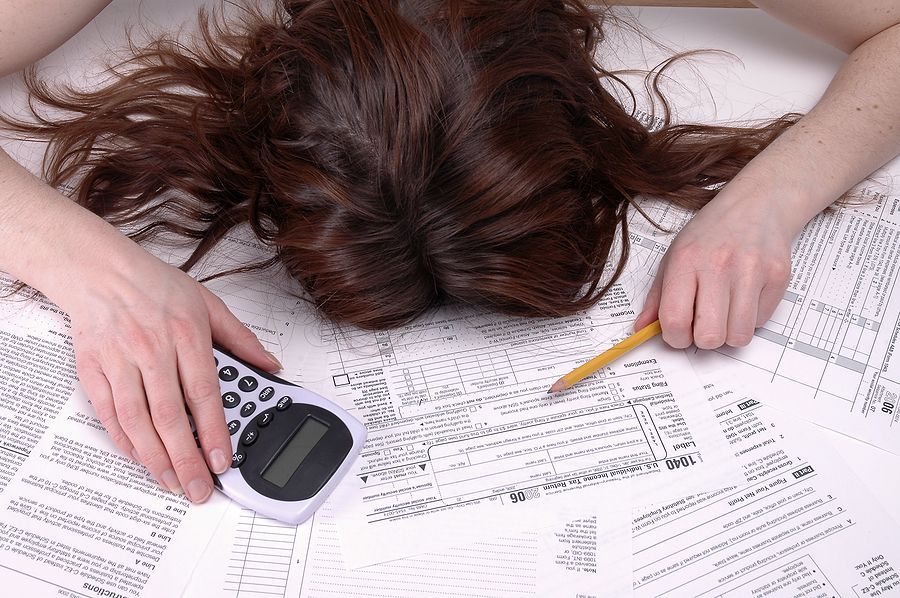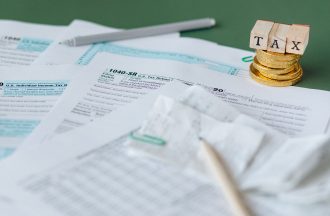
Understanding your tax obligations when you own your own business
Taxes can be confusing when you are self-employed or otherwise run a business, but the basics are actually pretty simple. The amount you or your business will pay in annual taxes depends on several factors: The legal form of your business, how much money it made that year, what your expenses were, how sharp your accountant is, and how much you personally know about the tax system.
Here is what you need to know about taxes if you own your own business:
Deductions: You likely know that you can deduct “ordinary and necessary” business expenses to reduce your taxable income; that’s the easy part. Travel, supplies, inventory, labor costs – all are deductible from your federal income taxes. The real question is, are there any loopholes you can use?
Entertainment. While it used to be that you could deduct up to 80 percent of all legitimate entertainment expenses, the limit now is 50 percent. The good news is that almost any entertainment activity that relates to business can be deducted: A round of golf, important dinners, taking a client to a game or concert, or even a day on a boat. The important thing is to keep good records, all receipts, and be able to prove that the expense was actually related to business. It is not a bad idea to write with whom you were with on the receipt before filing it away.
Tax Tip: If you throw a party, picnic, or some other business-related, fun entertainment event, those expenses are 100% deductible.
Travel. Travel expenses you incur for business are 100 percent deductible. However, if your family joins you for your business trip to Orlando, their expenses are not deductible. But, the loophole is that if you stay over for a night or two to get a discounted airfare, your extra hotel and meals are deductible.
Automobile. There are two methods for calculating your vehicle deduction. The “standard mileage” method allows you to deduct 36 cents per mile that you drive the car for business, as well as business-related tolls and parking expenses.
The “actual expense” method permits you to deduct your total expenses for gas and repairs, plus depreciation. Then, you need to multiply your expenses by your percentage of business use. For example, if you total expenses are $10,000, and you use the car 40 percent for personal use and 60 percent for business use, your deductible auto expenses would be $6,000. Keep a log of when the car is driven for which purpose.
Business Losses. Business losses can be deducted against your personal income. If the amount your business lost is more than your personal income, the extra loss can be applied to future income taxes.
Loans and credit cards: Interest on the loans, purchases or advances can be deducted as a business expenses.
Charity. Sole proprietors, partnerships, LLCs, and S corps can have charitable contributions passed through and deducted on the owner’s personal tax return. C corporations claim any charitable deduction for themselves.
Taxes. Sales taxes on items you buy for the business are deductible. Fuel and excise taxes are often overlooked deductions. Property tax and local assessments are deductible. Employment taxes you pay are also deductible, although the self-employment tax paid by individuals is not deductible, and neither is federal income tax paid.
See, that wasn’t so hard now, was it?








